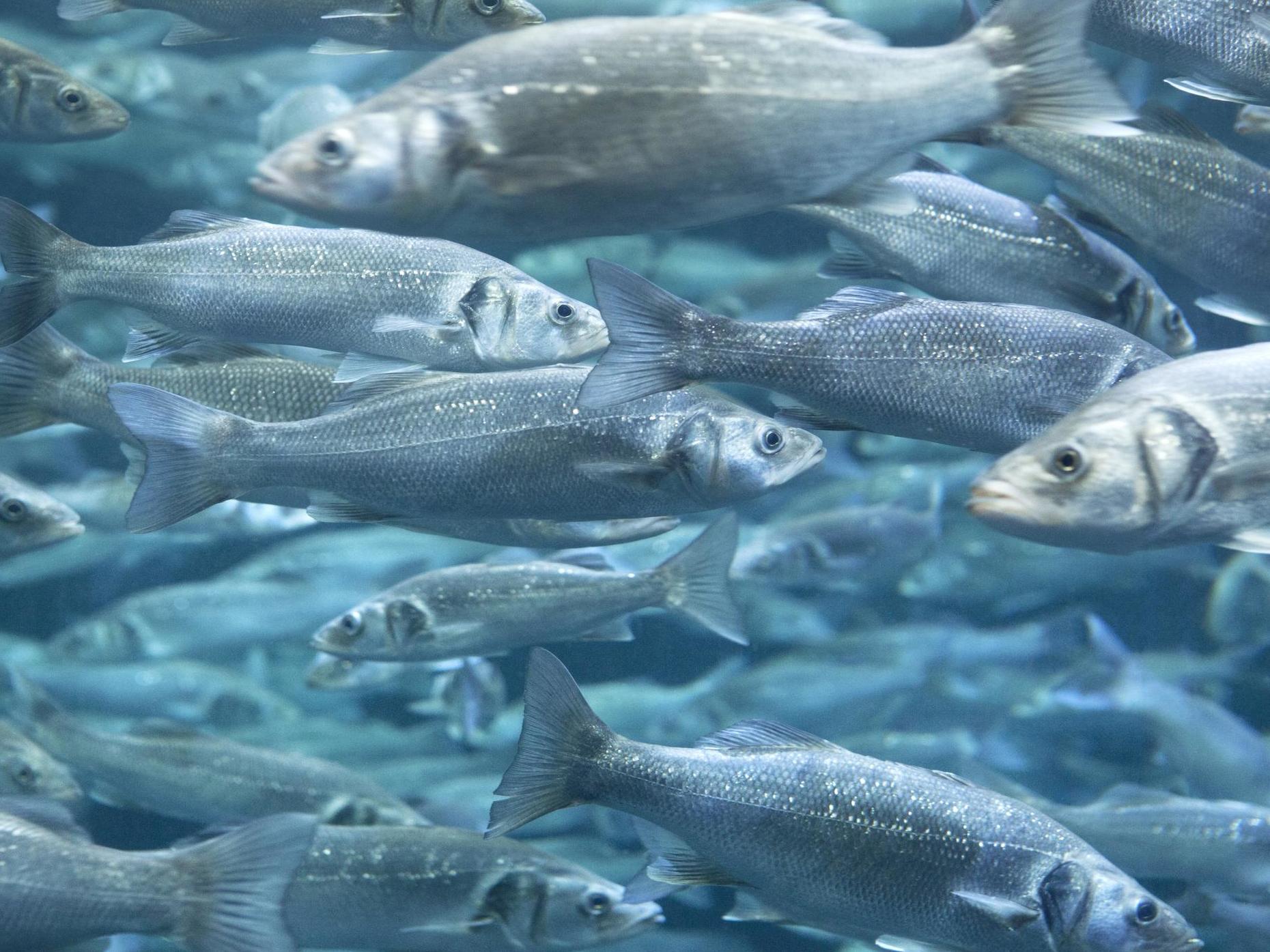Fish lose sense of smell and ability to find food as climate change turns oceans to acid
There is a growing body of evidence about the dangers ocean acidification poses to marine life

Your support helps us to tell the story
From reproductive rights to climate change to Big Tech, The Independent is on the ground when the story is developing. Whether it's investigating the financials of Elon Musk's pro-Trump PAC or producing our latest documentary, 'The A Word', which shines a light on the American women fighting for reproductive rights, we know how important it is to parse out the facts from the messaging.
At such a critical moment in US history, we need reporters on the ground. Your donation allows us to keep sending journalists to speak to both sides of the story.
The Independent is trusted by Americans across the entire political spectrum. And unlike many other quality news outlets, we choose not to lock Americans out of our reporting and analysis with paywalls. We believe quality journalism should be available to everyone, paid for by those who can afford it.
Your support makes all the difference.Fish are losing their sense of smell as rising carbon emissions turn the water they live in to acid.
A new study has revealed that as levels of carbonic acid in seawater rise, sea bass lose up to half their smelling capacity.
Surges in atmospheric carbon dioxide increase ocean acidity as the gas dissolves in water – a phenomenon already known to dissolve the hard outer coatings of shellfish.
The findings are significant as these fish rely on smell to do everything from finding food and potential mates to detecting predators in their vicinity.
“Our study is the first to examine the impact of rising carbon dioxide in the ocean on the olfactory [smell] system of fish,” said University of Exeter researcher Dr Cosima Porteus, who led the research.
The scientists compared the behaviour of young sea bass at current carbon dioxide levels to the levels expected at the end of the century, when oceans are predicted to contain up to two and a half times the levels of the gas seen today.
They noticed big changes in the behaviour of the fish inhabiting the most acidic water. Not only did the bass swim less, they appeared not to notice the presence of predators.
These findings, published in the journal Nature Climate Change, add to a growing body of evidence about the dangers ocean acidification poses to marine life.
Previous research has indicated that besides directly affecting fish noses, carbon dioxide harms fish nervous systems and disrupts the processing of information in their brains.
“It is not yet known how rapidly fish will be able to overcome these problems as carbon dioxide rises in the future,” said Professor Rod Wilson from the University of Exeter, who was involved in the study.
“However, having to cope with two different problems caused by carbon dioxide, rather than just one, may reduce their ability to adapt or how long this will take.”
Other studies have suggested that as seawater becomes more acidic, it will erode the hearing ability of fish including the clownfish and make them unable to hear approaching predators.
These findings, published in the journal Nature Climate Change, add to a growing body of evidence about the dangers ocean acidification poses to marine life.
Previous research has indicated that besides directly affecting fish noses, carbon dioxide harms fish nervous systems and disrupts the processing of information in their brains.
“It is not yet known how rapidly fish will be able to overcome these problems as carbon dioxide rises in the future,” said Professor Rod Wilson from the University of Exeter, who was involved in the study.
“However, having to cope with two different problems caused by carbon dioxide, rather than just one, may reduce their ability to adapt or how long this will take.”
Other studies have suggested that as seawater becomes more acidic, it will erode the hearing ability of fish including the clownfish and make them unable to hear approaching predators.
Join our commenting forum
Join thought-provoking conversations, follow other Independent readers and see their replies
Comments